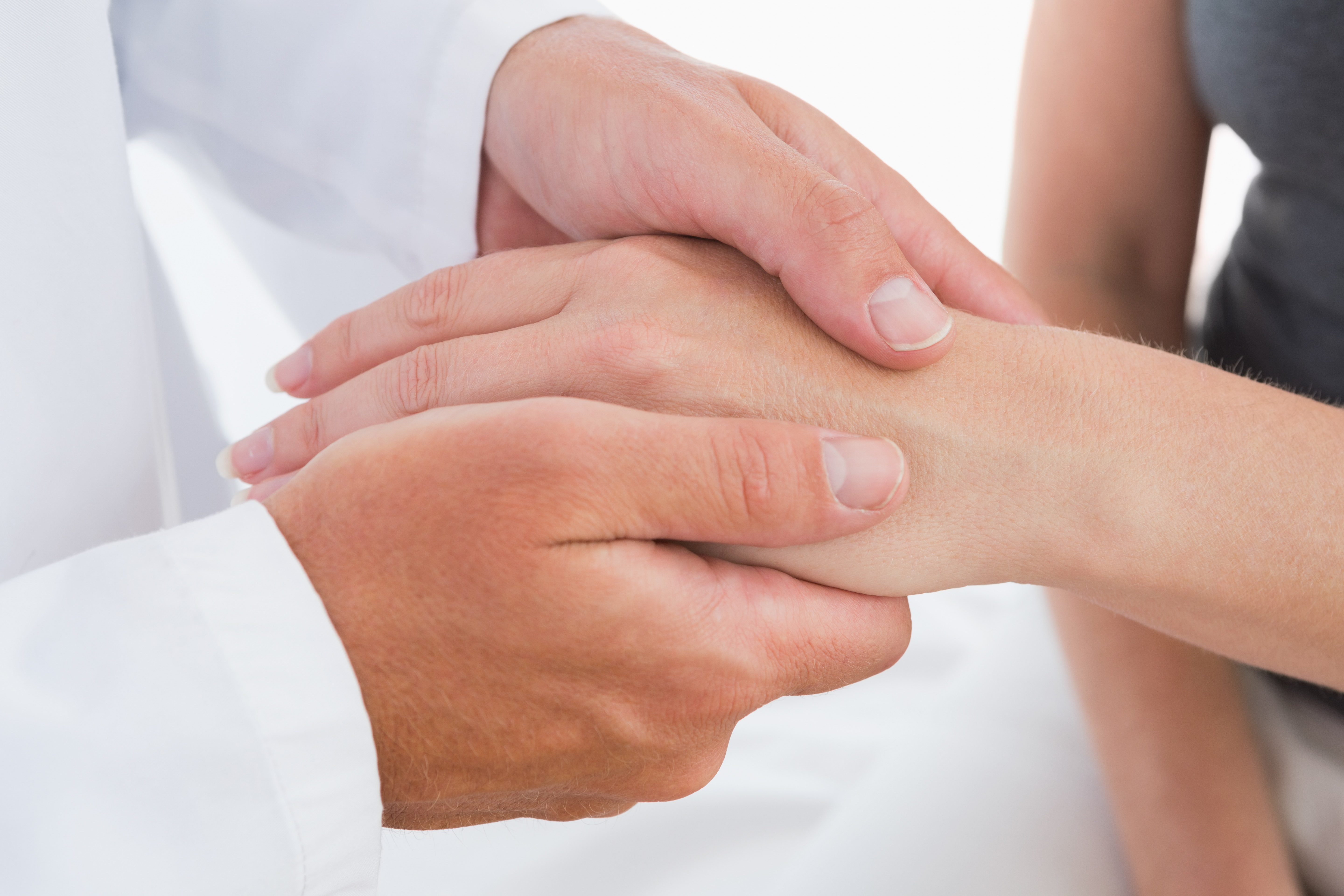Scleroderma Patients with Hand Dysfunction Show Sustained Benefits from Cell Therapy
Written by |

Cytori Therapeutics, Inc., a company focused on developing autologous cell therapies from adipose tissue for the treatment of several conditions, recently announced sustained positive results from its SCLERADEC-I clinical trial assessing the effects of Cytori Cell Therapy (ECCS-50) in patients with hand dysfunction related to scleroderma. Specifically, the company reported that the therapy induced clinical benefits up to two years after treatment.
Systemic sclerosis is a rare autoimmune disease in which the body’s own immune system attacks healthy tissues, resulting in a hardening and tightening (scarring, fibrosis) of the skin and connective tissues due to excessive collagen deposition. Systemic sclerosis is estimated to cause hand impairment in almost 90% of patients, and the condition has a high unmet need in terms of effective treatments.
Human adipose tissue is considered a unique reservoir of several cell types, including stem cells, lymphatic cells, immune cells, and mesenchymal and endothelial progenitor cells, that can play a role in the healing process. Cytori Cell Therapy is based on a clinical-grade preparation of the patient’s own cells (from adipose tissue) to repair injured tissue, preserve function, improve the patient’s quality of life, and alter disease progression. Studies have shown that this therapy acts mainly by modulating the immune system, improving blood flow, and helping in wound repair.
The SCLERADEC-I trial, an open-label study in 12 patients, showed that treatment with Cytori Cell Therapy could reduce disease severity, improve skin sclerosis, and improve hand motion and strength after 12 months. Researchers conducted a follow-up after two years and reported that the therapy offered sustained improvement in four important endpoints: Cochin Hand Function Score (CHFS), Scleroderma Health Assessment Questionnaire, Raynaud’s Condition Score (Raynaud’s condition causes small arteries to narrow, restricting blood circulation), and (4) hand pain. No safety issues were reported.
“It is encouraging to see maintenance of the response in patients treated with Cytori Cell Therapy at a full two years after only a single administration,” said Dr. Steven Kesten, chief medical officer at Cytori, in a press release. “We hope to validate the observations of sustained benefit in the ongoing phase III pivotal trial in the United States.”
Cytori is conducting two follow-up trials in patients with hand dysfunction related to scleroderma: STAR in the United States, and SCLERADEC-II in France. Both trials are currently enrolling participants. The STAR trial (NCT02396238) is a randomized, double-blind, placebo-controlled Phase 3 pivotal clinical trial to assess treatment with a single Cytori Cell Therapy (ECCS-50) administration in comparison to placebo. More information about the STAR trial and how to participate can be found through this link. The SCLERADEC-II trial (NCT02558543) is a randomized, multicenter, double-blind study also comparing a single dose of Cytori Cell Therapy (ECCS-50) to placebo. More information on the trial and how to participate can be found through this link.





